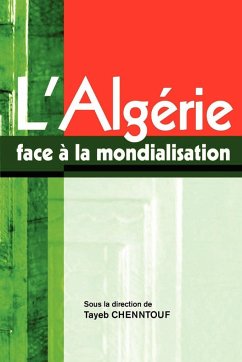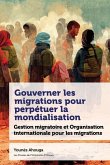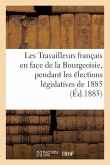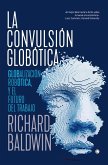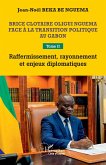Algeria Facing Globalisation is a contribution by intellectuals (researchers, trade-unionists, members of associative movements) to the intellectual and material crisis which Algeria has gone through since the 1980s. The crisis, evident in the new economic downturn created by globalisation, has manifested itself through a genuine right of interference, then, at the end of the violence, through the search for new insertion into a world dominated by one super-power and by a neo-liberal economy. The contributions are strategic, assess public policies and their outcomes, and provide solutions for the crisis. Three of the contributions are of global interest and underscore, on the one hand, the crisis as turning point, with respect to Algeria's economic situation, and to trends in policies before 1988 (Mohamed Moulfi). On the other hand, the contributions underscore strategies by actors that are a disservice to reform policies and nurture corruption and the shambling of the economy (Rachid Tlemçani). Five contributions are on sector-based policies: education (Ahmed Djebbar), banking and financial system (Fatima Zohra Oufriha), environment and sustainable development (Azzouz Kerdoun), rural development (Omar Benbekhti) and the implications of the law on Hydrocarbons (Farid Benyoucef). The authors assess the repercussions of external constraints (world market for oil and agricultural products, new information and communication technologies, and the financial market). The contributions on social movements (Ahmed Chouicha), women (Souad Bendjaballah and Fatima Zohra Saï) and intellectuals (Tayeb Chenntouf) endeavour to assess the potentials of social transformation. Last but not least, the concluding contribution is an interim assessment of the situation (Tayeb Chenntouf). It provides potential means for solving the crisis: the setting up of a new historic block with its two essential components, namely, the development of a project for the future and mobilisation of social actors capable of implementing it. Today, once again, Algeria seems to be at the crossroads.
Hinweis: Dieser Artikel kann nur an eine deutsche Lieferadresse ausgeliefert werden.
Hinweis: Dieser Artikel kann nur an eine deutsche Lieferadresse ausgeliefert werden.

